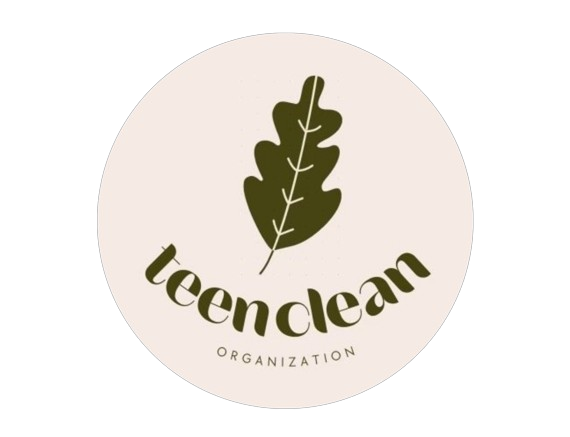Oral hygiene is not just about having a bright smile and fresh breath. It plays a crucial role in maintaining overall health and well-being. The mouth is the gateway to our body, and keeping it clean and healthy is essential for preventing various diseases and infections. In this blog post, we will explore the science behind oral hygiene and provide you with some tips to maintain a healthy mouth.
- Brushing Technique: The toothbrush in the image represents the most basic tool for oral hygiene. Brushing your teeth twice a day using the correct technique is crucial for removing plaque and preventing tooth decay and gum disease. Make sure to use a soft-bristled toothbrush and fluoride toothpaste. Hold the brush at a 45-degree angle to your gums and use gentle, circular motions to clean all surfaces of your teeth.
- The Role of Toothpaste: The small amount of toothpaste coming out of the tube in the image contains fluoride, a mineral that helps strengthen tooth enamel and prevent cavities. Fluoride toothpaste is recommended by dental professionals worldwide for its proven effectiveness in preventing tooth decay. Remember to use only a pea-sized amount of toothpaste and avoid swallowing it.
- Flossing: While brushing cleans the surfaces of your teeth, it cannot reach the tight spaces between them. This is where flossing comes in. Dental floss helps remove plaque and food particles from between your teeth and along the gumline. Incorporate flossing into your daily oral hygiene routine to maintain healthy gums and prevent gum disease.
- Mouthwash: Mouthwash is not a substitute for brushing and flossing, but it can be a valuable addition to your oral hygiene routine. It helps kill bacteria, freshens breath, and reaches areas that are difficult to clean with a toothbrush. Look for an alcohol-free mouthwash that contains fluoride for maximum benefits.
- Regular Dental Check-ups: Even if you follow a strict oral hygiene routine, it is essential to visit your dentist regularly. Dental check-ups allow your dentist to detect any oral health issues early on and provide necessary treatments. They can also perform professional cleanings to remove stubborn plaque and tartar buildup.
- Diet and Oral Health: The food we eat plays a significant role in our oral health. Limiting sugary and acidic foods and drinks can help prevent tooth decay. Instead, opt for a balanced diet rich in fruits, vegetables, whole grains, and lean proteins. Drinking plenty of water also helps maintain a healthy mouth by washing away food particles and stimulating saliva production.
Remember, oral hygiene is not just a daily chore; it is a lifelong commitment to your overall health. By following these tips and incorporating them into your daily routine, you can maintain a healthy mouth and promote a healthier lifestyle. Take care of your oral health, and it will take care of you!

